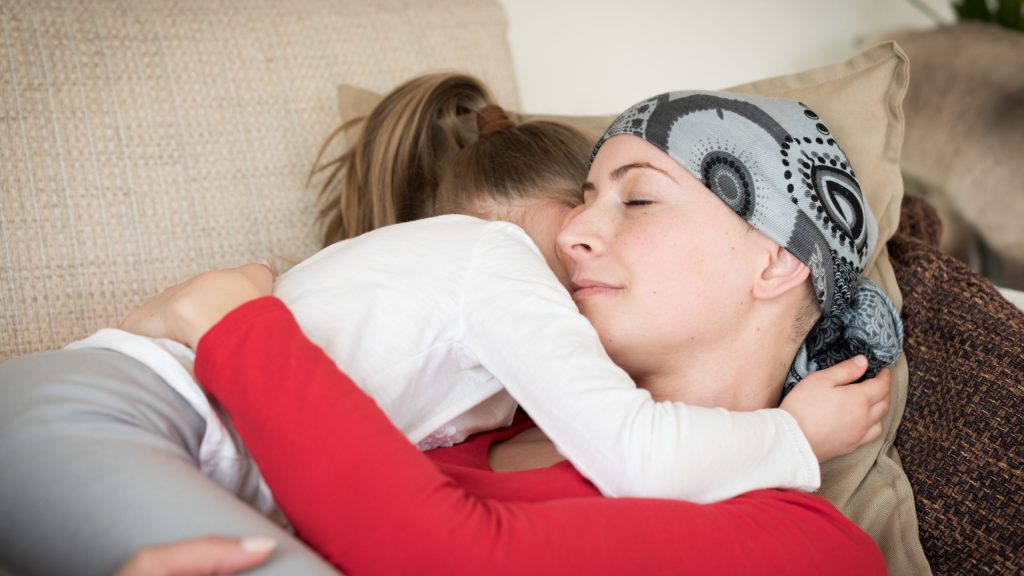Clinical Trials for Cancer Patients

Until we find a cure for cancer, patients fighting the disease will turn to clinical trials for cutting-edge treatments.
What are clinical trials?
A clinical trial is a research study designed to determine whether a medical strategy, drug, treatment, or device is safe and effective for humans. It is a fundamental part of the scientific and regulatory approval for medications and surgical procedures.
Doctors and scientists conduct clinical trials to learn if a cancer treatment is effective, but they also look at side effects and other health risks associated with treatments. Typically, a drug or procedure ready for clinical trials has already been tested on cells or animals, with promising results that led to a trial on humans.
Not all clinical studies are drug trials. Many test other forms of treatment, such as experimental surgery or radiation techniques, as well as complementary and alternative medicines.
Paid clinical trials cover the cost of treatment, but patients still face out-of-pocket costs. To help offset these costs, many patients have turned to cancer fundraising and medical crowdfunding to bridge the gap and help cover the costs of cancer.
Note that while participating in a cancer clinical trial can offer (sometimes lifesaving) access to otherwise unavailable treatments, it is not without risk—there’s a chance that the treatment being tested may be ineffective (for you or generally), or may even damage your health further. And in choosing this option, you can’t receive other forms of treatment during the trial.
What are the different types of clinical trials?
Trials are done in three phases:
- Phase I trials are the first studies to test a new drug or a variety of drugs on humans. This phase, usually done with a small group of people, is aimed at establishing basic drug safety and effective dosage levels. They’re usually open only to individuals with advanced cancer.
- Phase II trials move past safety to evaluate effectiveness. They involve more participants than Phase I trials.
- Phase III trials compare a new treatment to one or more existing treatments. Participants are randomly divided into groups, and not told until the study is over whether they received a standard treatment or the new treatment.
How do you find open clinical trials?
As many cancer patients discover, general practitioners and even some specialists not involved in the research world may know little about the latest cancer clinical trials. Fortunately, there are other resources:
Canadian Cancer Clinical Trials Network
Once you’re in contact with a doctor familiar with the trial, ask these clinical trial questions.
How can you qualify?
Each study has its own eligibility criteria, which may include such factors as cancer type and stage, new or recurring cancer, and how the patient has responded to other types of treatments.
Do clinical trials cost money?
You’ll find paid and unpaid clinical trials. Paid trials cover the cost of treatment, including medication costs. Even with paid trials, the patient incurs other costs, such as transportation to the medical center where the trial is being conducted, lodging, food, and lost wages for anyone accompanying the patient.
Many cancer patients discover that family and friends welcome the opportunity to help with these costs. Instead of having to ask people individually, medical crowdfunding gives patients an efficient way to ask for support from a large pool of potential donors. Cancer fundraising pages become spaces where people can not only support the patient financially but also offer words of love and encouragement.
Examples of cancer patients crowdfunding for clinical trials
1. Help Prakash fight Glioblastoma
Prakash was diagnosed with Glioblastoma Multiforme—the most aggressive form of brain tumor there is—in November of 2016. He is fighting this disease in every way possible, as recurrence is very likely. This has taken a large toll on his finances, but he’s remaining hopeful and aiming to join a Phase I clinical trial. Read his fundraiser Help Prakash fight Glioblastoma to see how he’s detailed every step of his treatment, his financial needs, and how he’s documenting his journey through a blog and a letter to his daughter.
2. Help Danny Fight Brain Cancer!
Mia started this fundraiser for Danny when he was diagnosed with brain cancer. Her fundraiser description does an amazing job of telling his story, which she divides into these sections:
- What happened…
- Why we’re so pissed…
- Why we’re so hopeful…
- What’s next…
- How you can help…
- All funds raised will be used for…
The fundraiser, which raised $23,000, focused on raising money for the usual cancer treatments, as well as for possible clinical trials at Sloan Kettering in NY, Duke Medical Center in NC, and Mount Sinai in Miami.
Raise the funds you need to join a clinical trial
Medical crowdfunding is one of the largest and most active fundraising categories on GoFundMe. Our site has a 0% platform fee, and we offer many free resources. You can discover other financial resources available to cancer patients in our blog post, Trusted Financial Help for Cancer Patients. If you’re looking to raise funds for a friend with cancer, see our post, How to Help a Friend With Cancer. And if you haven’t done so already, start your fundraiser today.